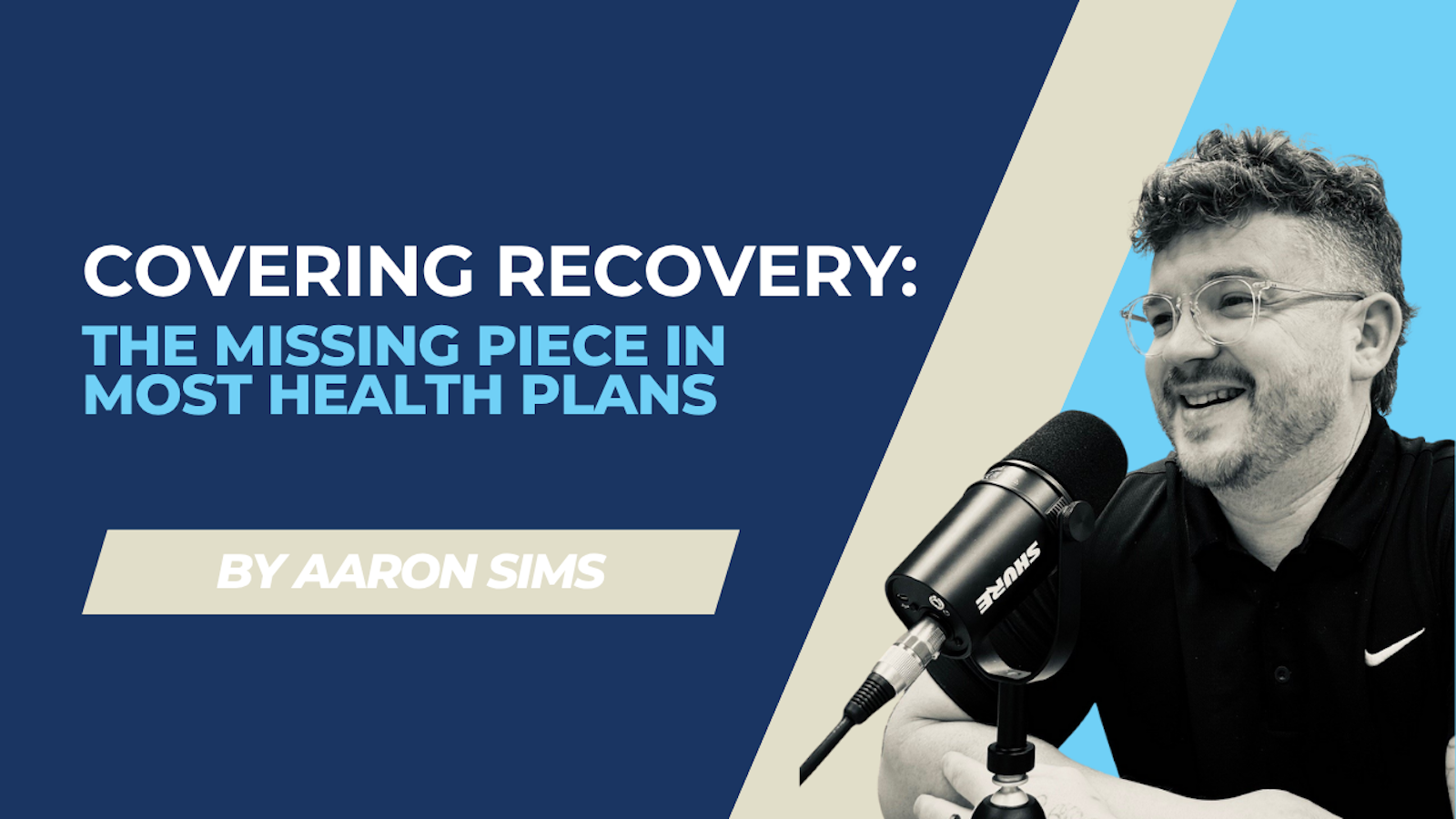

Getting discharged from the hospital doesn’t mean your client is “fine.” It means they’re on the hook for everything that comes next:
Lost income
At-home care
Travel to follow-up appointments
Childcare or family support
Extra expenses they didn’t plan for
That’s where hospital indemnity shines — especially after the hospital stay.
Health insurance focuses on treatment. Once the acute care is over, the coverage stops.
But your client’s needs don’t.
What they’re left with:
High deductibles and coinsurance
Time off work
Physical therapy
Out-of-network follow-ups
Temporary disability with no income
And yet… no help from their major medical plan.
Most hospital indemnity plans include:
Daily hospital confinement benefits
ER, ambulance, and observation stay payouts
Optional riders for surgery, skilled nursing, or rehab
Accident or critical illness lump-sum riders
These benefits continue after discharge — and don’t require hospitalization in some cases.
For example:
An accident rider could pay $2,000 cash for a broken leg — even if no hospital stay occurs.
A surgery rider might pay $500–$1,000 for an outpatient procedure.
A skilled nursing rider can pay $200 per day for rehab.
That’s all money the client can use for:
Home health help
Lost wages
Travel to follow-ups
Groceries, bills, or childcare
Here’s when recovery gaps hit hardest:
Self-employed clients: no PTO, no disability
Parents: need childcare or help managing home
Seniors on fixed incomes: no room in the budget for extras
Rural clients: travel long distances for treatment
Dual-income households: one partner must miss work to assist
Hospital indemnity fills these invisible but critical needs.
Nobody plans for the aftercare bill. They budget for premiums and copays — not for:
Uber rides to PT
Extra groceries for a special diet
Dog boarding during rehab
Lost tips or commissions from missed work
“Indemnity insurance is for everything insurance doesn’t think of.”
If you’re only showing how it pays during the event, you’re underselling it.
Instead of saying:
“This plan helps with hospital costs.”
Say:
“This plan helps you recover — physically, financially, and emotionally. It gives you cash to handle whatever comes next.”
That line sticks. And it resonates with people who’ve been through it — or know someone who has.
What sets great agents apart is their ability to see beyond the hospital.
Hospital indemnity isn’t just about the bill.
It’s about the bounce-back.
It’s about making sure your client doesn’t spiral financially after a health crisis.
If your plan doesn’t support recovery, it’s not a complete plan.
Learn more about the Ideal Flex Series Hospital Indemnity
Join our Top Agent Shootout and win your spot on the Texas Hog Hunt
Watch the Sales Leadership Webinar with Shawn Buxton for even more strategy
Brokers Fidelity
Phone: 913-374-1550
Email: hello@brokersfidelity.com
Address: 400 S Kansas Ave, Topeka, KS 66603